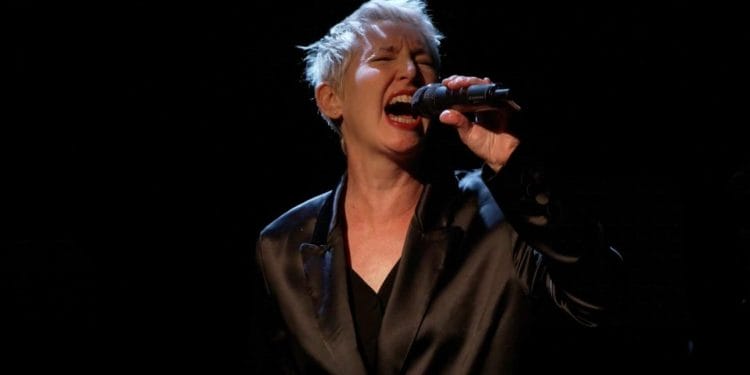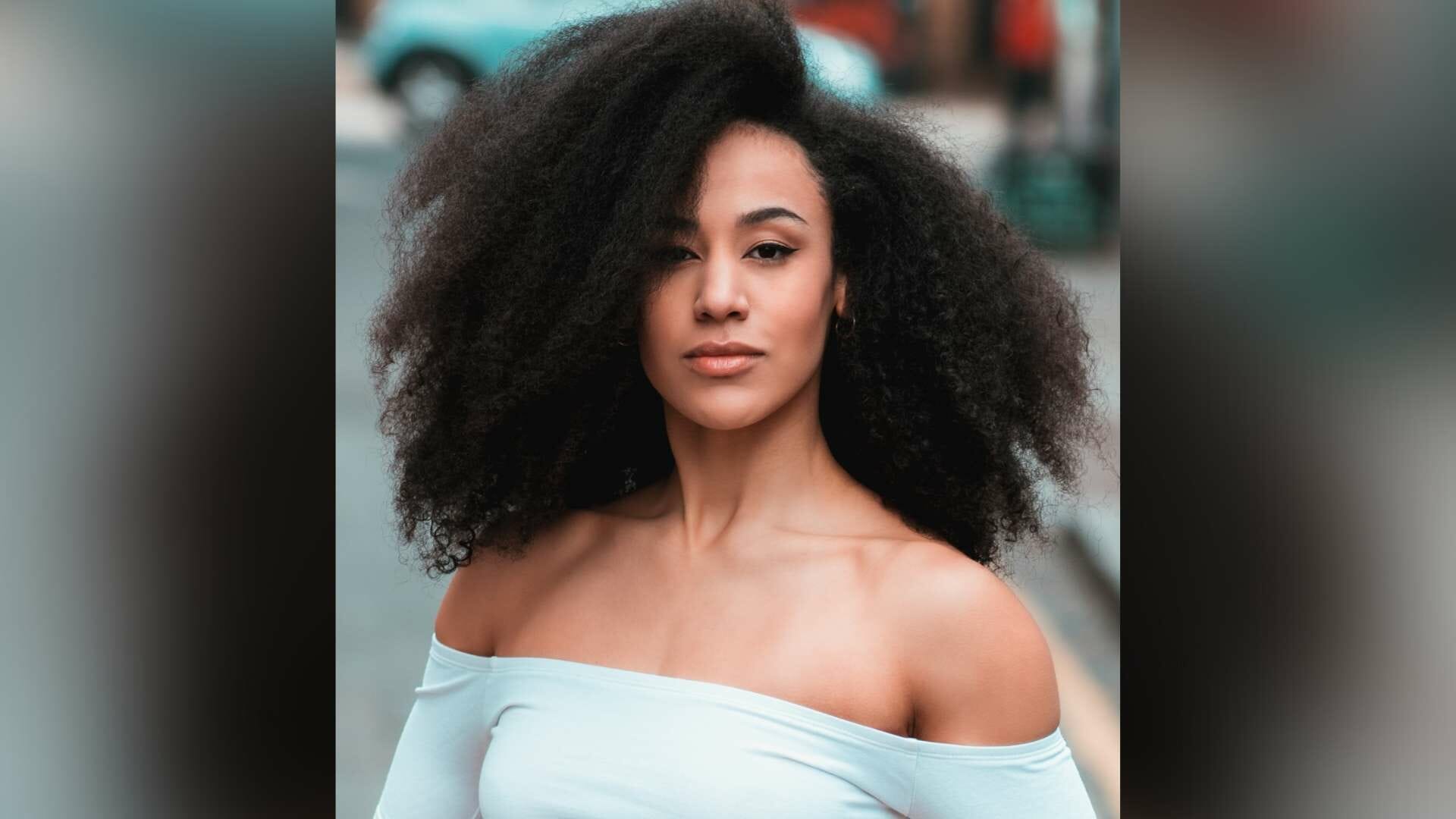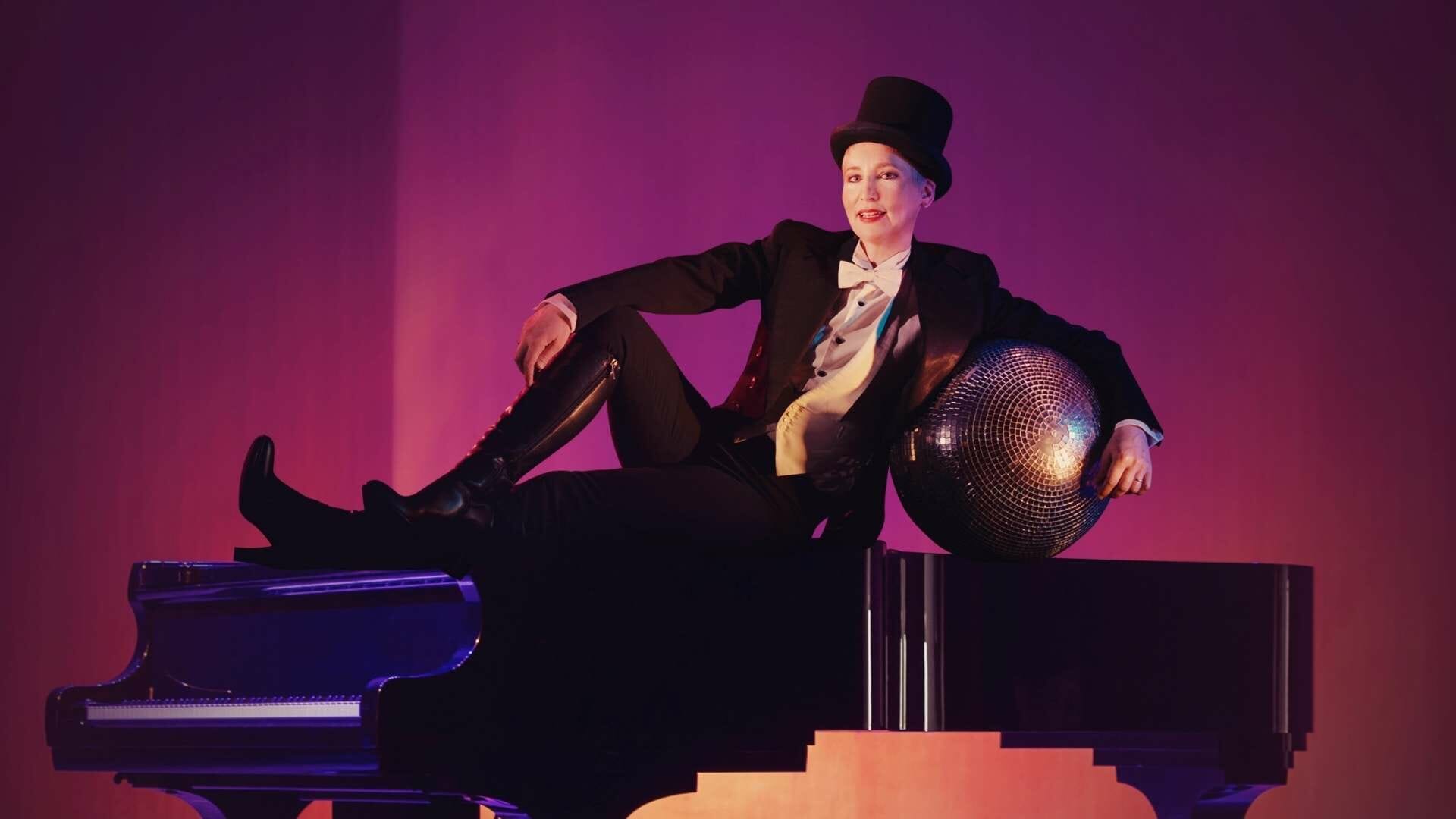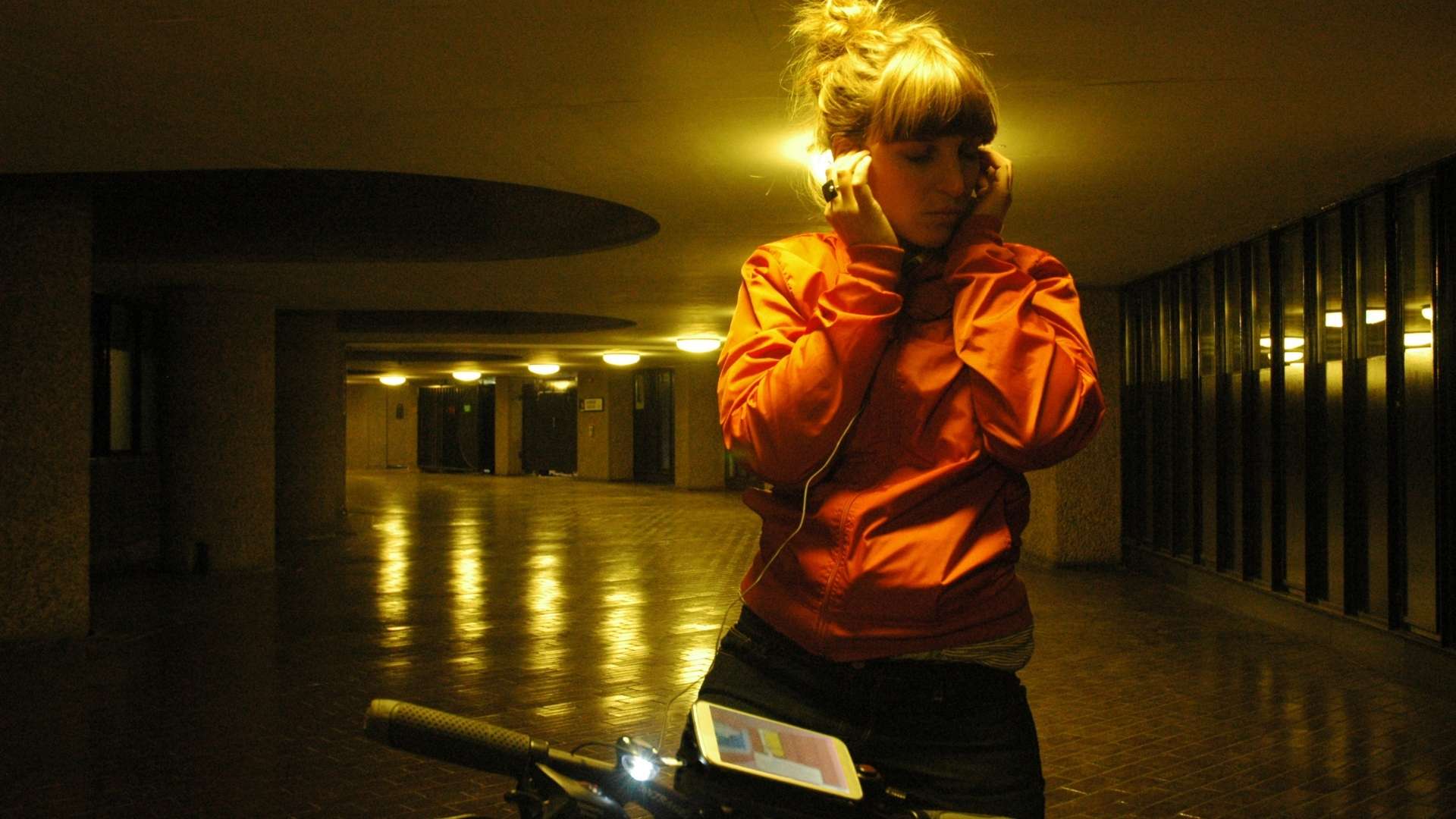Jessica Walker is one of the team behind The People’s Cabaret, which will play the Norfolk and Norwich Festival on Tuesday 23rd May.
The culmination of a three year project with Norfolk communities, cabaret singer Jessica Walker and composer Luke Styles are joined by the Chroma Ensemble for a night of contemporary responses to protest songs.
The People’s Cabaret was created with local communities over the course of three years, workshopping, developing lyrics and writing about the quotidian issues facing them today. From discrimination, social inequality and fake news to erratic bus timetables and refuse collections, Jessica Walker and Luke Styles hold up a mirror to the times of unrest we live through through a new series of protest songs.
More information can be found here
You’re starring in The People’s Cabaret, what can you tell us about the show?
The People’s Cabaret is a cycle of new protest songs written by composer Luke Styles, with words by me. The songs explore a lot of issues many of us are currently angry about – for example government corruption, social inequality, persecution of minority groups, the cost of living, suppression of peaceful protest.
I know it sounds a bit heavy, but we’ve approached most of these subjects with humour. The songs are interspersed with a narrative, spoken by actor Hannah Azuonye, and taken from conversations we’ve had over the last couple of years with community groups in Brighton and Norfolk. Their thoughts, concerns and testimonies have fed into a lot of the material you’ll hear.
Where did the inspiration come from for this show?
We were initially inspired by the amazing songs of the Weimar era in Germany, by writers including Brecht, Weill and Eisler. This was a time in which writers and composers used songs as a means of expressing mass anger and outrage, and of holding power to account – their songs are still recorded and performed today.
Luke and I asked ourselves why writers from a classical background no longer seem to use song as a vehicle for this kind of protest. We’re both classically trained, but take inspiration from cabaret, jazz, pop – whatever feels like the best way of telling our stories through music and words.
It’s been a three year process working with local communities, what can you tell us about that process?
Working with the different community members was so interesting. We discussed a lot of the bigger issues, but also more local concerns, such as rage over LTNs, litter, and second homes. People feel so disempowered, and these small things affect people’s lives in a way that, over time, erodes their sense of wellbeing.
We’ve given voice to the big and the small concerns. Some of the community members we talked to wrote about or voiced powerful thoughts. Some of that can be heard verbatim between songs, or woven into the songs themselves. We had the sense that most people are concerned about the same things, but also realised it was the tip of the iceberg. Ideally we would have loved to have created a partner programme made up entirely of the participants’ own writing, with them performing it. Maybe that can be rolled out next year!
How do you think this night of protest songs will shine a light on the issues we face today?
I hope that the themes we explore will resonate with our audiences. I’d like to think that after the premiere, other people will perform the songs, so that we can reignite the tradition of sharing current concerns through song, with different voices bringing new inflections to the material.
What are you most looking forward to about being part of Norfolk and Norwich Festival?
I love the Norfolk and Norwich Festival. I’ve performed in different festival venues since 2011, either in my own shows or as part of other people’s. My oddest experience was when I was a singing hotdog in a contemporary opera (the less said the better), but I also performed my first solo show, about male impersonators in music hall, as part of the festival, so I have wonderful memories of my times here. The audiences here are so receptive, and there’s a great sense of freedom for performers and creators.
What would you say to anyone thinking of coming along to The People’s Cabaret?
I’m hoping anyone coming to the show will be intrigued and stimulated by our ideas and songs. I think it’s the kind of show people will want to talk about afterwards, because the themes we cover are so universal, but our treatment of those themes is often very unusual and surprising. One song is told from the perspective of a plastic bottle, for example, which is almost as odd as a singing hotdog, but has a lot more relevance, I promise!

















